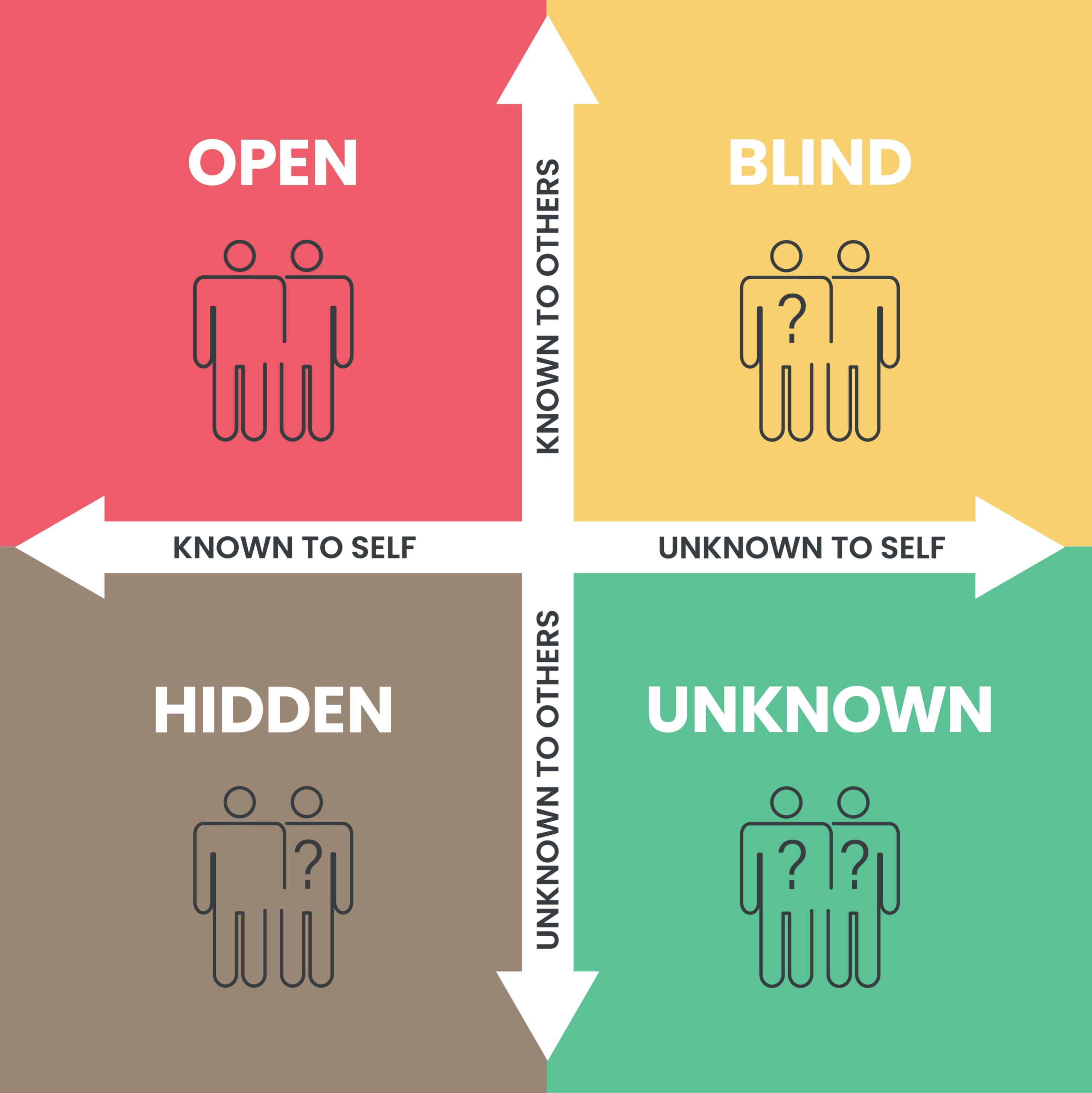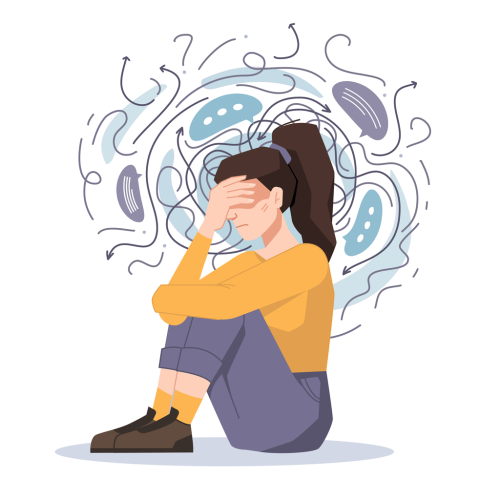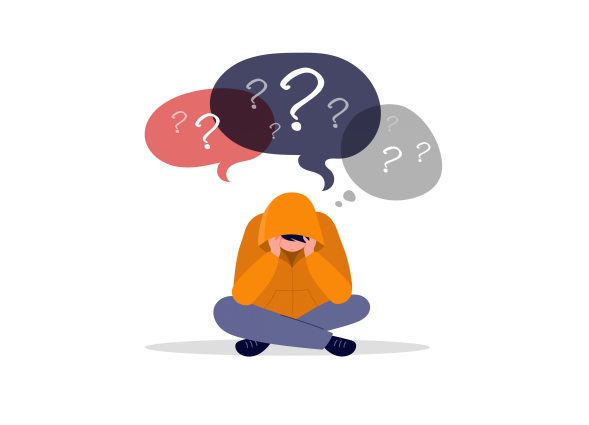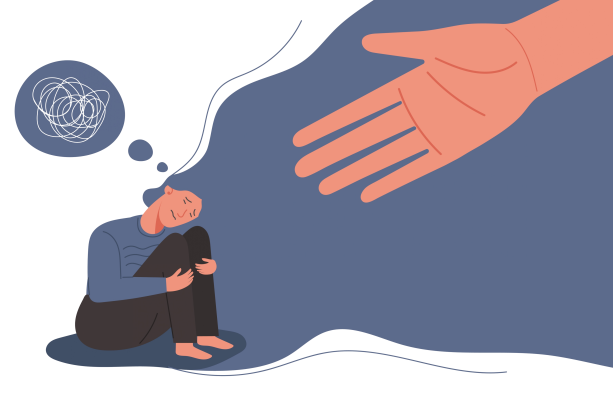How I Work with You
A different kind of conversation ...
I sensitively build a therapeutic relationship with you whilst paying close attention to the relational gaps from childhood that need understanding and fulfilling.
I move curiously into difficulties and stuck places…allowing space for these difficult feelings to take shape and gain context. I work sensitively with patience, compassion and tolerance, accepting of you and your pace. I will authentically confront protective behaviours that resist engagement. I won’t be passive or create dependency.

Gaining new life skills
Transactional Analysis psychotherapy is a popular and easily understood toolbox of strategies and skills for exploring ourselves and personal change for individuals and couples.
I help you to understand how you function and how you express your personality in terms of the way you sense, think, give meaning to, feel and behave. The way you relate to yourself, and others becomes clearer, and your relationships will improve as you grow and change.
Exploring the root of your difficulties
From birth, we make our way in the world by making choices that feel right and fit with the ‘People in Charge’. Even before we have words we knew if mum smiles, we smile back and feel safe and sound.
Our early choices help us to fit into and cope with our circumstances. Some of these ways may help us grow and reach our potential and some may hold us back giving symptoms of anxiety and depression that hurt and limit functioning. Psychotherapy, delivered through a therapeutic relationship, aims to uncover the roots of ineffective, repetitive and life-long reactions.

Do you need to do anything?
I engage you in conversation that won’t judge or advise you but will accept you by noticing how you are with me. I start from this place in our work together. I work with you openly exploring expectations, assumptions, sensations, feelings and encouraging the held back experience into the open.
This is a process of noticing and curiosity that you will find to be intriguing, challenging, difficult and often playful.
For treatment to be successful, it is important for you to take an active role and be open to your reactions with me. We’ll tackle both thoughts and feelings, as we explore and set you on the road to recovering from anxiety, stress, depression and burnout.
Therapy gives space for you to be deeply known through our therapeutic relationship. Your ways of being, how you experience yourself with others, your reactions and what all this means to you. I get to know the story of you and your life and will facilitate insight and understanding. An awareness to self- limiting ways and the healing of associated emotional pain caused, enables letting go and experimentation in change and new ways of being.As adults we can make new choices and change some old decisions, beliefs and limiting strategies.
I will use strategies that will help you update your early childhood strategies from the “I can’t to the I can”.
Gaining new strategies for well-being
I help you find and grow new ways of managing feeling, supportive thinking and behaving so that you can change some of those self-limiting old decisions about yourself, others and life in general and promote contentment for who you are.
The experience of being listened to and heard will give you clarity, understanding and peace. In this private and confidential setting, you can grow self-respect and personal value through having your feelings acknowledged, and so being accepted and respected as a person in your own right.

Depression and anxiety are symptoms of your narrative or life story that you will gain relief from as the therapeutic exploration proceeds alongside your mindful and reflective processing with me and in-between your sessions with yourself.
Therapy promotes personal insight and change. It is unique to the individual. Insight occurs through our conversations we have together over time and the practice and use of new strategies and tools. To learn more, feel free to visit my blog page.
Your First Session
Choosing your therapist
When we first meet, I will listen to your difficulties and talk with you about what you want to achieve from your therapy. Most importantly, it’s about you and your choice of therapist. It is important that you feel comfortable and can imagine building a trusting and authentic relationship with me.

This first session will go a long way towards this and will give you a good sense as to what a session feels like and how it is different from any other conversational experience. You will have questions about confidentiality, fees and what happens if you have to cancel that I will be happy to answer plus anything else about your expectations of the therapeutic process.
A safe place to be
All work between us is confidential, by your consent and appropriate to your needs.
For treatment to be successful, it is important for you to take an active role and be open to your reactions with me. We’ll tackle both thoughts and feelings, as we explore and set you on the road to recovering from anxiety, stress, depression and burnout.
You might have problems that have been given a name by your G.P such as depression, anxiety, panic attacks, obsessive or catastrophic thinking, obsessive compulsive disorder, or PTSD. You might be suffering from unmanageable stress and anger, be it rage or repressed anger, or you may self- harm, have problems with sleep, addictions or eating issues. You may feel suicidal, lonely, despairing or empty, unlovable or unworthy.
“I don’t know which way to turn …what to do …what’s the matter with me?”
You may feel dissatisfaction with life or have lost your direction or sense of purpose….a terrible sense of disconnection painfully weighing you down.
Have you had a diagnosis of Anxiety and Depression?
Much research has been done over the decades as to the cause of anxiety and depression and there is more than overwhelming evidence that chemical imbalance is not the causal factor in the majority of people. Your diagnosis was made as you will have shown that you have at least five out of the nine symptoms nearly every day and that these have persisted. Like-wise it would seem that these are also all the things you would experience if you were grieving, suffering hardship, or deeply unhappy with your life.
The symptoms described as anxiety and depression are feelings denoting human suffering. Your pain and suffering expressed through your mind and body are gripping you to get your attention. These debilitating sensations, anguish and torment are telling you that your psychological needs, social needs and relationship needs are far from being met.

So hard are these emotions to bear within ourselves and by the people around us, that we do anything to get rid of them – drugs, alcohol, over or under eating, over working, self-harming, staying in bed and avoiding living.
What’s going on?
Your reactions to life can cause intense anxiety and distress with resultant high levels of cortisol being released into your blood. When distress is experienced daily, as many of us do, then your body stays on high alert. When you have too much cortisol in your blood for a long period, inflammation can occur. This results in feeling sluggish, without energy and with painful aching joints. This slows us down, leading to further inactivity, poor eating and sleeping, exercise is neglected and this all makes us feel truly awful. A vicious cycle downwards exacerbated by avoiding other people, isolation and resultant emotional pain.
High levels of distress will have the capacity to induce feelings of misery and can embed or fix our reactions to people and situations. These debilitating affects can become stuck and difficult to shift.
The view from the field of neuroscience is that mental health illness is not found in distinct categories and do not have firm boundaries. The line between anxiety and depression is evaporating as people who are diagnosed with either anxiety or depression may have very diverse symptoms. It seems variation is the norm and anxiety and depression frequently occur together.
Why does my suffering stick to me like this?
The hopelessness, despair and unworthiness you experience is an understandable response to adversity.
From birth, we make our way in the world by making choices that feel right and fit with the people caring for us. Some of these ways may help us grow and reach our potential and some may hold us back. This becomes apparent as we approach adulthood when symptoms of anxiety and depression debilitate and limit functioning.

The hopelessness, despair and unworthiness you experience is an understandable response to adversity.
From birth, we make our way in the world by making choices that feel right and fit with the people caring for us. Some of these ways may help us grow and reach our potential and some may hold us back. This becomes apparent as we approach adulthood when symptoms of anxiety and depression debilitate and limit functioning.
Most parents do their best but can fall short of providing everything that is needed. This seems especially true as communities are less cohesive and opportunities to share pain are given only a token glance by our constant comparing and need to be perfectly happy. It’s unsurprising that many of us develop some insecurities, unhelpful distorted beliefs and unsustainable ways of coping and living.
Our unique history keeps on repeating and showing up in our lives as our own unhelpful reaction to ourselves, our relationships and our environment. When you experience life as hopeless, despairing, confusing and failing you are not only suffering from adversity but more importantly adding to your suffering ten-fold by the way you see yourself, other’s and the world you occupy.
Your capacity for resilience
Nature and Nurture
There is evidence that we are born with different capacities to endure stress. This is known as our tolerance or resilience. Experience outside of our tolerance, be that a large incident or a prolonged period of smaller relational experiences can be overwhelming and is experienced as trauma. This will activate the fight/flight/freeze defences to help us to survive until safety returns.
Trauma will be remembered in the unconscious parts of the brain and in the body and we will experience distress if we encounter anything that resembles the old trauma even if we have no conscious memory or narrative. Trauma lives on as anxiety and depression, panic attacks, nightmares, flashbacks, numbness and spaciness.
Hormonal Balance
Life stages of adolescence, old age, pregnancy, menopause and Thyroid/Adrenal malfunction can result in heightened anxiety and depression during times of hormonal imbalance, puberty and declining age. Our body changes will set up imbalances that will cause internal stress. How we cope with body stress is also dependent on how emotionally aware we are and the choices we make to take care of ourselves.
Will psychotherapy help?
Much research has been done over the decades as to the cause of anxiety and depression and there is more than overwhelming evidence that chemical imbalance is not the causal factor in the majority of people. Your diagnosis was made as you will have shown that you have at least five out of the nine symptoms nearly every day and that these have persisted. Like-wise it would seem that these are also all the things you would experience if you were grieving, suffering hardship, or deeply unhappy with your life.
Psychotherapy has been shown to alter brain activity in 4 regions which control self- referential thoughts or worries, executive control, emotion and fear. Understanding your negative beliefs about yourself, others and the world at large helps to re-define and re-frame into a positive perspective of self in balance with others and the world.

I am experienced and trained in helping my clients through your life difficulties and in supporting you to make changes in your life. I am always happy to discuss your needs and answer questions/ before you commit to a session. If you want to attend therapy with your partner, check out couple therapy page.
